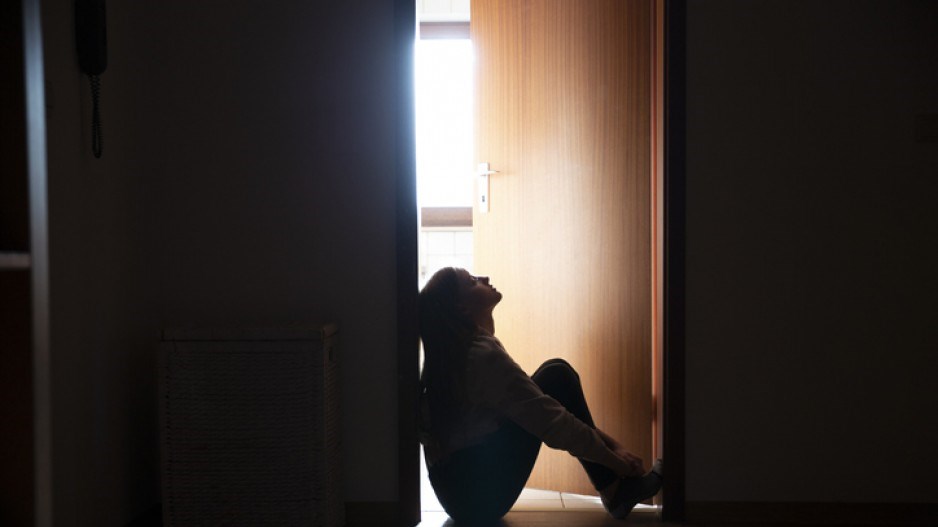Dear Ellie: I’ll be 80 in October, and as time passes, I’ve become increasingly depressed, losing interest in everything I’ve highly valued all my life.
I have a lot to look forward to. My wife was sent to me from heaven and will be retiring with me next month. We’re having a new home under construction in the country which we’ll be moving to in August.
I should be a lot happier.
Why Am I So Sad?
For some people, age markers loom large (see my May 24 column). Recently, a man wrote me that despite being in good health and, similar to you, enjoying a good life, he decided at 75 that “80 is enough” and he should arrange for his death. Meanwhile, his wife and adult children disagreed and considered it a wrong-headed choice.
He’s not clear about why he’s chosen 80, other than mentioning anxieties about what could/might happen by that time.
But I can tell you this: The age at which my father died haunted me for several years as I approached that number. I had none of my father’s serious health issues, yet I worried till the imagined “threat” passed.
Sometimes, we’re stuck in our own manufactured scenarios.
You say you’re depressed, and acknowledge that you don’t know why. But there’s a reason somewhere, waiting to be discovered.
Often, in my columns, I suggest that the search for an answer start with a medical check. There are many possible reasons why depression dominates our moods, even from things lacking in our overall nutrition.
In a relationship column, it’s not uncommon for me (and other advisers too) to suggest a medical checkup. If it provides no clues, then nutritional or medication needs can be checked. And fitness levels may also be suggested, in the hopes that physical activity brings an energy boost and more positive outlook.
Also, advice-givers, me included, often turn to suggesting counselling. A practising professional therapist can ask direct questions and build a patient-therapist relationship.
Counselling is a process. It requires the person to commit to it, respond to it and, in the case of private practitioners, to pay for it.
I’d very much like for you to not be depressed, and I know it’s hard to just lift that cloud from your thoughts and feelings. But there are logical steps you can take toward learning why you’re so sad.
Enlist your loving wife in the process. Talk together about all the good things in your life. Try something new together — e.g., travel somewhere different from your usual choices, take up hiking in the country around your new home, plant a garden.
Feedback regarding a letter from a stepmother whose relationship with her boyfriend changed when his children, age 11 and 13, moved in (March 26):
“My heart breaks for her. I think every stepmother goes through a similar anguish. Also, 13 is often a difficult age for children growing through their adolescence to teenage.
“I suggest that she read every book she can find on step-parenting, and the children’s father should read them too.
“Personally, I also strongly recommend family counselling, if the couple can afford it. This problem is too big for either of them to solve on their own.
“If he refuses to do either of those things, then I would predict that the couple’s relationship will fail, just as mine did.”
Reader’s commentary regarding a reader’s statement: “I learned how relatives really feel about me.” (May 31):
“I wasn’t told that my mother committed suicide until many years later. I felt many different emotions but never shame.
“We keep saying we need to address mental illness and remove stigma. If people think less of me and my family because of how my mother died, that’s their issue, not mine.
“Dying by suicide is no more ‘shameful’ than dying of an accident, cancer, heart failure, COVID, etc.
“Maybe the first wife showed her maternal love. She could’ve taken the children with her, but chose not to.”
Ellie — When schoolyard bullies openly taunt other youngsters that their parent committed suicide, shame colours their reaction even if they don’t understand the act. My empathy is/was entirely with the motherless youngsters.
But I do appreciate that you had a different reaction, which goes to the loving bond that must have existed between your mother and her children.
Ellie’s tip of the day
Mood disorders, age-related worries, reluctance to pursue the cause, are some ways people stay “stuck” in depression rather than search for answers.
Send relationship questions to [email protected].



